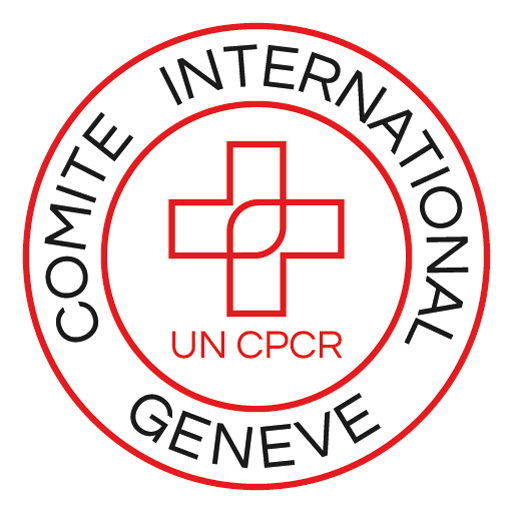1. Introduction
Civil protection is a central pillar of a country’s security architecture, designed to safeguard the population from disasters, crises, and emergencies. However, in practice, significant weaknesses frequently emerge, leading to inadequate protective measures and severe consequences in critical situations. The UN-CPCR (Independent Resilience Agency) has made it its mission to close these gaps in close collaboration with governmental authorities, making civil protection more efficient and crisis-proof.
2. Existing Weaknesses in Civil Protection
2.1. Lack of Coordination Between Authorities
Civil protection in Germany is organized federally, meaning responsibilities are distributed across federal, state, and municipal levels. In crisis situations, this often results in jurisdictional conflicts and delayed responses. Clear decision-making pathways and unified crisis communication are lacking.
2.2. Insufficient Stockpiling and Infrastructure
Critical infrastructures such as water supply, energy networks, and communication systems are not adequately secured against prolonged outages. Emergency stockpiling is insufficient at both the governmental and private levels. Many citizens are unaware of the necessity of personal emergency preparedness.
2.3. Lack of Public Awareness and Training
Many citizens do not know how to act in crisis situations. There is a lack of broad public awareness campaigns and regular emergency drills. Additionally, there are deficiencies in the training of volunteers and emergency responders who are expected to assist in such situations.
2.4. Insufficient Protection of Critical Infrastructure
The physical and digital security of critical infrastructures is inadequate. Cyberattacks, sabotage, or natural disasters could incapacitate essential supply systems. Emergency plans for such scenarios are often insufficient or have not been realistically tested.
2.5. Lack of Resilience Against Hybrid Threats
Beyond traditional threats such as natural disasters or technical failures, hybrid threats—including disinformation campaigns, economic coercion, and targeted attacks on social structures—are becoming more prevalent. Civil protection remains largely unprepared for these challenges.
3. The Role of UN-CPCR in Closing These Gaps
3.1. Improving Coordination and Communication
UN-CPCR advocates for a centralized, overarching coordination body to enhance communication and collaboration between authorities, relief organizations, and the public. Digital platforms and crisis management systems should provide real-time situational awareness, enabling faster decision-making.
3.2. Promoting Stockpiling and Infrastructure Security
UN-CPCR develops strategies for improved emergency stockpiling at both governmental and private levels. Additionally, it supports investments in more resilient infrastructures, such as decentralized energy supply systems and redundant communication networks.
3.3. Public Training and Awareness Programs
Through training programs, information campaigns, and interactive emergency drills, UN-CPCR aims to increase public awareness of crisis preparedness. Nationwide simulations are planned to provide practical training on how to respond in emergencies.
3.4. Protection of Critical Infrastructure
UN-CPCR is working on strategies to enhance the security of critical infrastructures, including cybersecurity measures and physical protective measures against attacks. Furthermore, the resilience of cities and municipalities will be strengthened through preventive measures.
3.5. Strengthening Resilience Against Hybrid Threats
By conducting analysis, developing early warning systems, and implementing targeted countermeasures against disinformation campaigns, UN-CPCR seeks to immunize the population against hybrid threats. Close cooperation with academia, security agencies, and international partners is a key part of this effort.
4. Conclusion
Current civil protection structures exhibit significant weaknesses that can have fatal consequences in crisis situations. UN-CPCR is committed to addressing these challenges and, in close coordination with government authorities, working towards a more efficient, coordinated, and resilient civil protection framework. Only through preventive measures, well-protected infrastructures, and an informed population can security in times of crisis be ensured.


